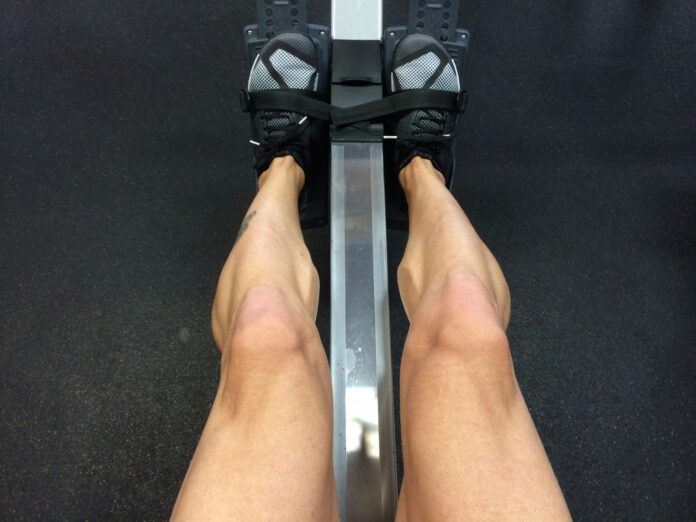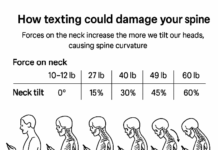We often hear that laughter is the best medicine, but what if I told you the real medicine is in the lunge? Every client of mine just rolled their eyes and squished their faces up because they know how much I love lunges and I know how much they … do too *wink, wink.* In all seriousness, the real secret to aging well lies not just in the lunges or steps we take, but in the strength of the legs that carry us.
Recent research suggests that leg strength isn’t just about mobility — it’s a powerful predictor of how well we age, influencing everything from our independence to our lifespan.
A comprehensive meta-analysis published in the Archives of Physical Medicine and Rehabilitation examined data from over 1.9 million participants. The findings were compelling: Individuals with greater lower-body strength, particularly in the legs, had a 14% lower risk of all-cause mortality compared to those with weaker leg muscles. For those who can’t do that math in their head (me either) that’s roughly 266,000 people in the study who lived longer simply by having more leg strength.
For American men, with an average life expectancy of about 75.8 years, a 14% reduction in mortality risk could translate to about 10.6 additional years of life.
For American women, whose average life expectancy is around 81.1 years, that same 14% reduction could mean roughly 11.3 more years to enjoy life.
Ten or 11 extra years to travel, move freely, play with grandkids, or simply enjoy the everyday things we often take for granted.
If that wasn’t enough, the benefits of strong legs extend beyond longevity. A study in Gerontology followed older female twins over a decade and discovered that those with higher leg power experienced significantly less cognitive decline. Even among genetically identical pairs, the twin with stronger legs maintained better brain health.
You might think it’s too late to start building strength in your later years, but research says otherwise. The Live Active Successful Aging (LISA) study, conducted by the University of Copenhagen, involved 451 participants around retirement age. Those who engaged in heavy resistance training three times a week maintained their leg strength over a four-year period, while those in moderate or no exercise groups saw declines. This suggests that incorporating strength training into your routine can have lasting benefits.
Curious about your own leg strength? Here are three straightforward tests you can try at home:
Balance test: Stand on one leg for as long as you can. Difficulty maintaining balance may indicate lower leg strength and a higher risk of falls.
Five-second walking test: Time how long it takes you to walk six meters at your usual pace. Taking longer than eight seconds could suggest mobility issues.
30-second chair stand test: Sit in a chair and stand up and sit down as many times as possible in 30 seconds without using your arms. Fewer repetitions may point to decreased leg strength.
Improving leg strength doesn’t require a gym membership or heavy weights. Here are some accessible exercises to incorporate into your routine:
Bodyweight squats: Stand with feet shoulder-width apart and lower your body as if sitting back into a chair, then rise back up.
Lunges: Step forward with one leg and lower your hips until both knees are bent at about a 90-degree angle, then return to standing and switch legs.
Step-ups: Use a sturdy bench or step to step up with one foot, then the other, and step back down.
Resistance band exercises: Incorporate bands for added resistance in movements like leg presses or side steps.
Aim for two to three sessions per week, focusing on proper form and gradually increasing repetitions as you build strength.
Leg strength is more than just a measure of fitness — it’s a cornerstone of healthy aging. By prioritizing lower-body strength through simple exercises and regular activity, you can enhance your mobility, protect your cognitive health and potentially extend your lifespan.
So, next time you’re contemplating your health goals, remember: Strong legs support a strong life. Now let’s lunge!
























